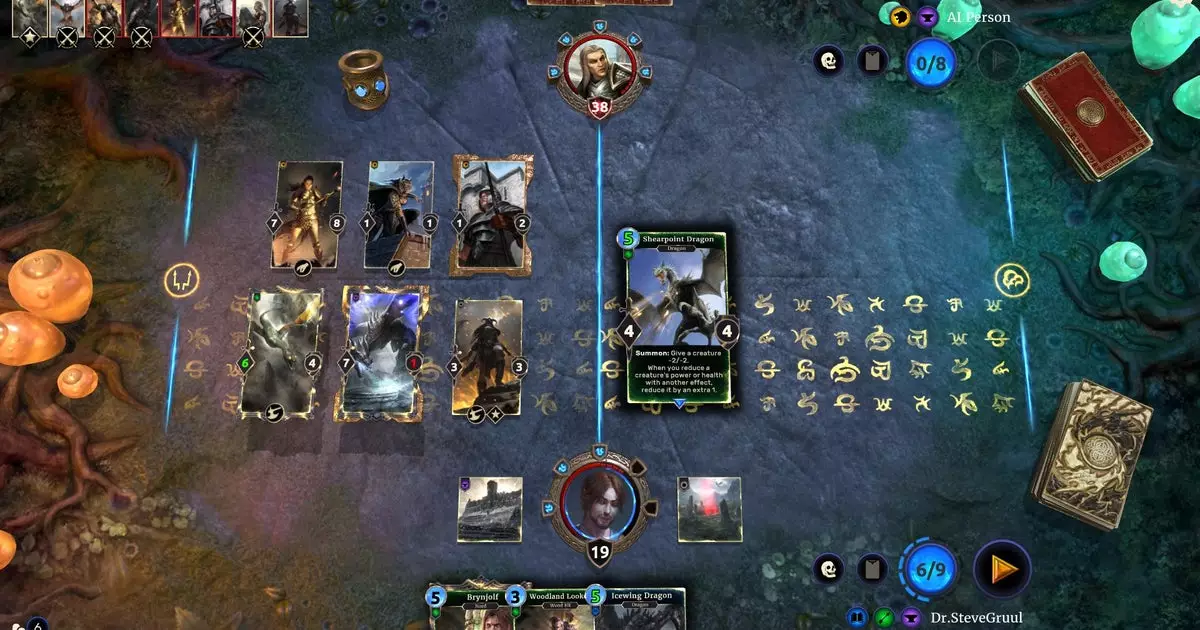The gaming community has once again faced the unsettling reality of a beloved title being consigned to history. “The Elder Scrolls: Legends,” a free-to-play card game set within the expansive universe created by Bethesda, has officially been removed from sale on Steam. Set to permanently shut down its servers on January 30, 2025, this announcement marks the end of yet another chapter in the world of live-service gaming. Despite a promising start, the game has struggled to retain a dedicated player base, ultimately leading to its decline and inevitable closure.
Launched in 2017, “The Elder Scrolls: Legends” initially garnered interest due to its unique blend of card mechanics and the established lore of the Elder Scrolls universe. Unlike many of its contemporaries, it introduced a rune system that added depth to gameplay, setting itself apart from franchises like “Hearthstone.” Critics, including Brendy, noted that while Legends had the potential to offer a richer experience through its innovative concepts, it suffered from its connection to the Elder Scrolls setting, which, over time, did not captivate the audience as intended. Unfortunately, after just two years of updates and expansions, active development was abandoned—a decision that would ultimately spell disaster for its player community.
The closure of “Legends” exemplifies a troubling trend in the gaming industry: the ephemeral nature of live-service titles. It raises critical questions about the sustainability of such games and the responsibilities developers have towards their player base. Live-service models promise continuous engagement through updates and new content, yet when these promises are broken, loyal fans find themselves with little recourse. With the servers going offline, players will not only lose access to the game but also to hours of invested time and resources—everything will be erased without warning or chance of revival.
It is disheartening to observe how easily companies can disband projects, releasing work that could have flourished into a vibrant community. Unlike other media that allows for preservation and re-exploration, such as film or literature, video games are often vulnerable to a cruel fate of obsolescence. The absence of offline modes in many live-service games trivializes the contributions made by dedicated players and disrespects the time they’ve invested. As gaming evolves, it is essential to foster a culture that values retention and offers more substantial avenues for its constituents. If trends continue as they have, it is imperative for the industry to rethink its approach to longevity—both for the sake of creators and the gamers who champion their work.
As “The Elder Scrolls: Legends” prepares for its final curtain call, it serves as a reminder of the fleeting nature of freely accessible games amidst a landscape rife with uncertainty. With the closure date fast approaching, players are left reminiscing about what could have been, further emphasizing the need for a more thoughtful and respectful approach to game preservation in the future.


Leave a Reply
You must be logged in to post a comment.